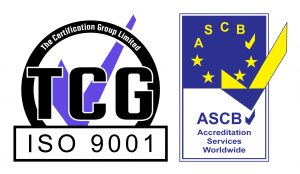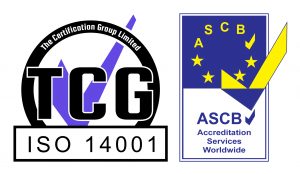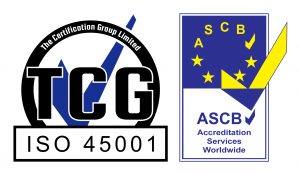Update on the EA QP Review
On the 12th March, the ORG held their 25th Anniversary Organics Recycling conference at Chesford Grange, Warwickshire. The EA’s compost and anaerobic digestate Quality Protocol was a hot topic, and here is the latest…
The 25th Anniversary conference was well attended, with lots of industry professionals and familiar faces. The talks focused around the direction and future of our organics recycling industry, with a key focus on reducing plastic contamination in compost and AD feedstocks and exploring the role of organics in soil health and carbon sequestration. Howard Leberman, Senior Policy Advisor at the EA gave the audience a much-awaited update on the compost and anaerobic digestate QP’s. We have summarised the key points below;
What’s the current timeframe for the QP review?
- The EA have reviewed the industry evidence supplied in the Call for Evidence which closed last month.
- They anticipate releasing their response at the end of April 2020 and are minded to proceed with a revision to the QP’s.
- From publication, the EA will give industry a period of three months to respond, with a plan to finance the revision.
I’m a producer, how might this impact me?
- If industry don’t commit to funding the revision, the EA would look to withdraw the QP’s. This would mean all PAS100 and PAS110 materials would be ‘wastes’. But as long as the EA have commitment to funding revisions, the QP will remain in place.
- The plastics limits may be tightened through a separate Regulatory Position Statement.
How much is it going to cost?
- Amendments to the QP’s will be submitted for assessment through the EA’s Definition of Waste service.
- Revisions to the QP’s are likely to amount to c. £25,000, and the EA believe they can complete assessments on submissions in a 6-month period.
- It’s not clear if the £25,000 is for one QP or both the compost and digestate QP’s. As the materials are very different, we have assumed it is £25,000 per QP.
What happens now?
- It is also not clear whether amendments will be submitted from the industry as a collective, or if individual operators are expected to respond. It is assumed it is the former, but how this is proportionately and fairly split across operators in terms of funding and effort have not yet been defined.
If you produce compost, or digestate, and you want to learn more, contact us at 4R Group (info@4r-group.co.uk).







